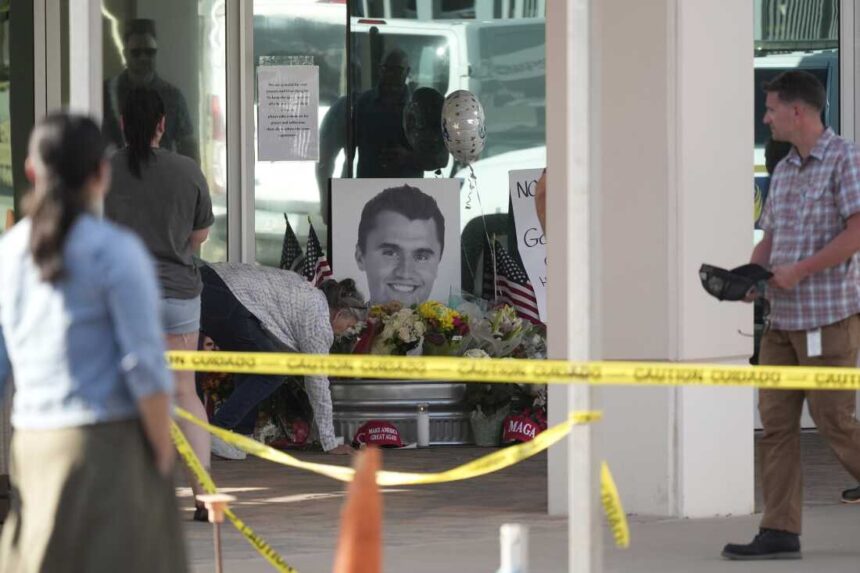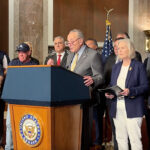The recent death of conservative person Charlie Kirk has really shocked the country. What was supposed to be a normal event at a college went crazy when someone started shooting, and everyone panicked. People who study why political violence happens say his death isn’t just another sad event. They think it shows the U.S. might be headed toward a scary situation where violence in politics becomes normal.
For years, America has felt split. People argue online, have intense talks on TV, and even disagree with their neighbors. What happened in Utah felt like too much. When people start fighting instead of talking, it makes you wonder if we can still disagree without getting violent.
The details about Kirk’s death are still disturbing. The campus was full of students, some supporting him, others protesting. They were expecting a speech and some shouting. Instead, a bullet changed everything. Suddenly, it was all screams and fear. For those who were there, it wasn’t about politics anymore. It was about staying alive. And for millions who saw the news, it was a scary sign of what might happen to the country.
Security say this isn’t just a one-time thing. It’s part of a bigger problem. Reports from the FBI and Homeland Security show that threats and attacks related to politics are happening more and more. Extremist groups are growing online, using crazy ideas to make people angry. Now, people are openly posting threats. Sometimes, they act on them. One former intelligence official said that violence makes more violence, and this will keep going unless we stop it.
The way people talk really matters. America has always had strong political opinions, but lately, the way people talk has become really bad. Leaders use words like enemy and traitor, and people online repeat it, which makes things worse. Social media makes this spread fast, showing the angriest people first. For some, these words give them the okay to become violent.
Experts worry that violence could become normal. When political violence happens for the first time, it’s shocking. The second time, it makes people nervous. If it keeps happening, people start to accept it. When violence feels like a normal part of politics, people stop trusting the system. There are lessons from the past. America has seen political violence before, like the Civil War and the killings in the 1960s. Now, things move much faster. Information spreads right away. As soon as shots were fired in Utah, videos were online, hashtags were trending, and arguments started. The reaction happens faster now, and it’s harder to calm down and predict what will happen.

So, what’s next? Can we slow down this violence? Some think leaders need to watch what they say and try to calm things down. Others think social media companies need to stop violent language from spreading. Some think the biggest thing we need to change is how we treat each other. We need to vote instead of fight and disagreeing without hating each other. It sounds easy, but it’s not. Also, the human cost is often forgotten. Kirk’s family is sad. Students who ran for their lives are still scared. Parents worry about safety at schools. Behind every news story, someone is dealing with something hard.
Some say that America is at a turning point. If we ignore the warning signs, the violence will get worse. If we do something, we might still have a chance to stop it. One person said that political violence doesn’t just kill people, it kills trust. Without trust, democracy can’t work. If the September 11 attacks showed how America can come together when things are bad, today’s problems remind us that unity can be easily broken. Violence in politics affects everyone, and to keep democracy alive, we have to stop the anger from turning deadly. In short, the violence can be stopped. But it will take leaders who help calm things down, communities that talk instead of fighting, and a society that sees political opponents as people, not enemies. The death of Charlie Kirk is very sad, but it could also be a warning for the country before things get even worse.











